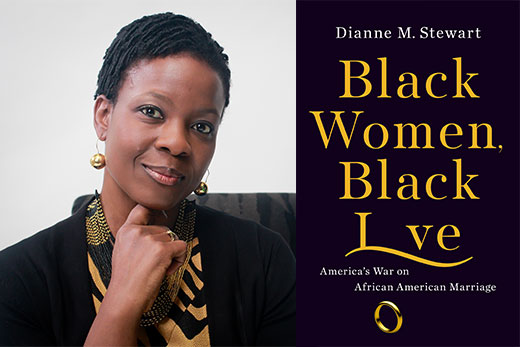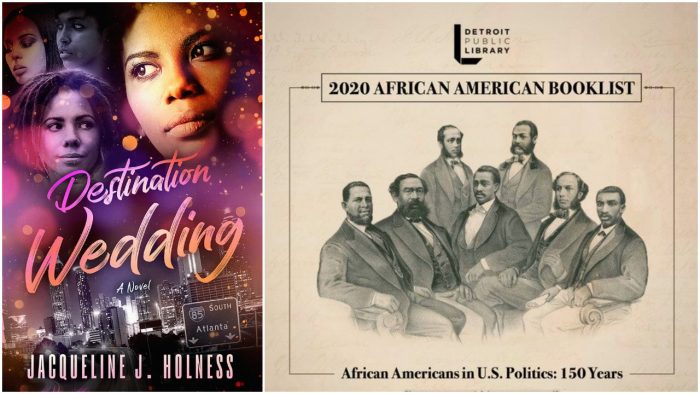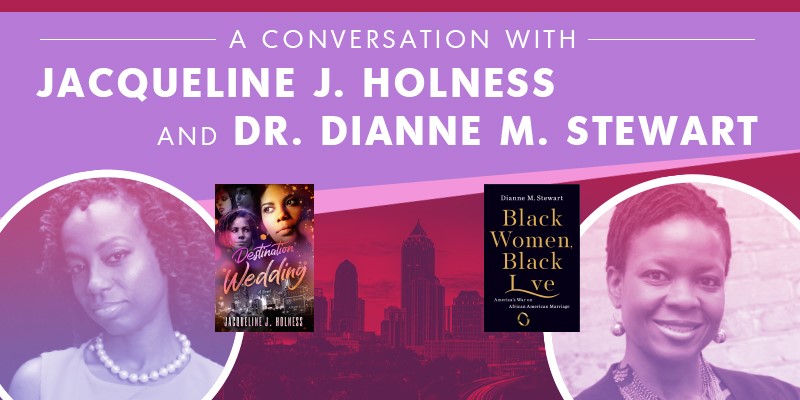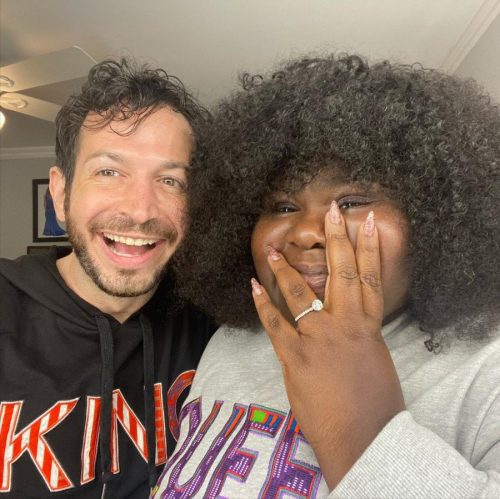
Hello World,
Today marks a year that my debut novel Destination Wedding was released into the world! And God has been so good throughout this year in helping me to get the word out about my book to the world. Just this week, I discovered that the Detroit Public Library chose my debut novel as one of the best works of fiction for 2019-2020!!! It was mentioned in its 2020 AFRICAN AMERICAN BOOKLIST!!! I’m on the list with the likes of Ta-Nehisi Coates, Victoria Christopher Murray, ReShonda Tate Billingsley, Jacqueline Woodson & More!!! (Crazy, right?)
Below is the cover of the booklist, which has been published for 52 years, along with my book cover. According to the Detroit Public Library website, “this bibliography provides a selected list of books by and/or about African Americans. The works of fiction and nonfiction for adults, children and young adults were reviewed and recommended by librarians of the Detroit Public Library.” Click HERE if you want to see the entire list.

Along with celebrating my book release anniversary, I also wanted to help spread the word about another important book that validates why I wrote Destination Wedding in the first place. Destination Wedding is my response to a real ABC News Nightline piece “Single, Black, Female and — Plenty of Company” in which it was reported that 42 percent of black women have never been married, which is double the amount of white women who find themselves in that dire predicament.
Obviously, as my book is a novel, the women in my book are fictional; however, this statistic illustrates a very real dilemma. Dr. Dianne M. Stewart, an associate professor of religion and African American studies at Emory University here in Atlanta, writes about this dilemma in her sweeping treatise Black Women, Black Love America’s War on African American Marriage, which was recently released. Dr. Stewart actually interviewed me about my novel last year at my book launch at Auburn Avenue Research Library in downtown Atlanta. Through our discussion, we were able to identify how our works intersect. While I address personal solutions to this dilemma through the lives of my main characters in my novel, Dr. Stewart identifies systemic solutions for what she refers to as “our nation’s most unrecognized civil rights issue” in her nonfiction book.

Similarly, as the ABC News Nightline report was broadcast in December 2009, Dr. Stewart cites that in 2009, 71 percent of Black women in America were unmarried, according to the 2010 US Census. As the ABC News Nightline report was broadcast in 2009, that time period was explored in my novel, but Dr. Stewart starts at slavery. She writes that “endless studies examine racial slavery in America as a reverberating assault upon Black people’s historic and contemporary liberties in perhaps every arena of life but one: romantic love and marriage.” Further down, she writes, “yet from its very beginnings, the transatlantic trade in human cargo, which set the American institution of African bondage in motion, required the disruption of intimate relationships and marriages.”
In Chapter 1 “Jumping the Broom: Racial Slavery and America’s Roots of Forbidden Black Love,” Dr. Stewart writes about a 19-year-old slave Celia who was hanged to death after killing her owner, who repeatedly raped her. Her true love was her boyfriend George, but she was unable to “freely choose a Black man as her lover and life partner.” Additionally, she writes that “less than 1 percent of slaveholders in the South held more than 100 persons in bondage, and by 1860 enslaved persons in the South, on average, lived in groups of 10. For this reason, enslaved women such as Celia were fortunate if they found romantic partners residing on the same properties with them.”
In the next chapter “Slow Violence and White America’s Reign of Terror,” Dr. Stewart writes about how Black love continued to be under assault even after slavery ended. Although they had been married for 22 years, Atlanta, Georgia resident Carolyn Gilbert’s husband, 42-year-old Henry, was lynched in 1947. Through sharecropping, the couple had saved enough to buy a 111-acre farm. But reportedly, he was shot and killed for allowing a “young black troublemaker” to hide on their farm. Additionally, a police officer shot Henry claiming the “deacon and treasurer at his small Baptist church ‘drew a chair on me.'”
In the third chapter, “Love and Welfare: Johnnie Tillmon and the Struggle to Preserve Poor Black Families,” Dr. Stewart interweaves pop culture examples in addition to more poignant real life cases of how Black love has been disrupted throughout the decades. I loved the 1974 movie Claudine. Dr. Stewart wrote that the movie “depicted the structural obstacles welfare posed to Black love and marriage and the stark reality that for millions of Black women in America at the time, choosing marital fulfillment (as the main character Claudine eventually does) meant loosing welfare benefits.”
Due to my age, I’m most familiar with the examples presented in the next chapter “Black Love in Captivity: Mass Incarceration and the Depletion of the African American Marriage Market.” And the first sentence in this chapter is particularly arresting. Pun intended. “No other institution has perfected America’s project of forbidding black love better than the contemporary prison industrial complex.” Further down, she writes, “Black men are incarcerated at much higher rates than any other group in the United States, even when convicted for the same crimes.” Did you know that former President Obama was the “first sitting president to actually tour a federal prison in 2015?” Additionally, former President Obama, “actually commuted the sentences of more inmates than his twelve predecessors combined.”
Speaking of Obama, Dr. Stewart writes about the former First Lady Michelle Obama in the chapter “Will Black Women Ever Have it All? Michelle Obama, Kheris Rogers and African Americans’ Shifting Landscapes of Love.” Dr. Stewart cites an article “Dark and Lovely, Michelle” by Vanessa Williams. Williams wrote, “A lot of Black women fell for Barack Obama the moment they saw his wife.” Let me raise my hand because that is true for me as well. While Dr. Stewart provides example after example of how Black love has been under assault by exterior forces, in this chapter, she presents an interior force that has its beginnings in slavery. In slavery, lighter-skinned Black people were treated better than their brothers and sisters of darker hues. And unfortunately, due to colorism, light-skinned Black women have more of a chance of getting married than medium-skinned and dark-skinned Black women, according to Dr. Stewart. Within this chapter, Dr. Stewart presents many solutions that I won’t reveal here because you have to read the book. However, one solution that I will share from her book is addressing colorism in the Black community.

Recently, actress Gabourey Sidibe shared that she got engaged to Brandon Frankel, who also works in entertainment. Sidibe, who is a dark-skinned black woman, has apparently received some criticism from Black men for being engaged to a White man. One YouTube blogger points out that in the past, many Black men have criticized Sidibe for her complexion and deemed her as undesirable and therefore have no standing to critique her coupling choice now. See the commentary HERE. Dr. Stewart writes that “Black women not only confront a shortage of Black men but also wrestle with internalized and interpersonal color consciousness.”
You have to read the book to experience the full breadth of Dr. Stewart’s exhaustive examination of this dilemma, but I hope I’ve provided enough information to make you buy your own copy of Black Women, Black Love America’s War on African American Marriage. It is a must-have resource if you care about Black love. I think employing personal solutions while addressing systemic solutions is the most comprehensive way to win the war on African American marriage.
What say you?
For more information about Dr. Stewart, see her website: DianneMStewart.com.
Any thoughts?
